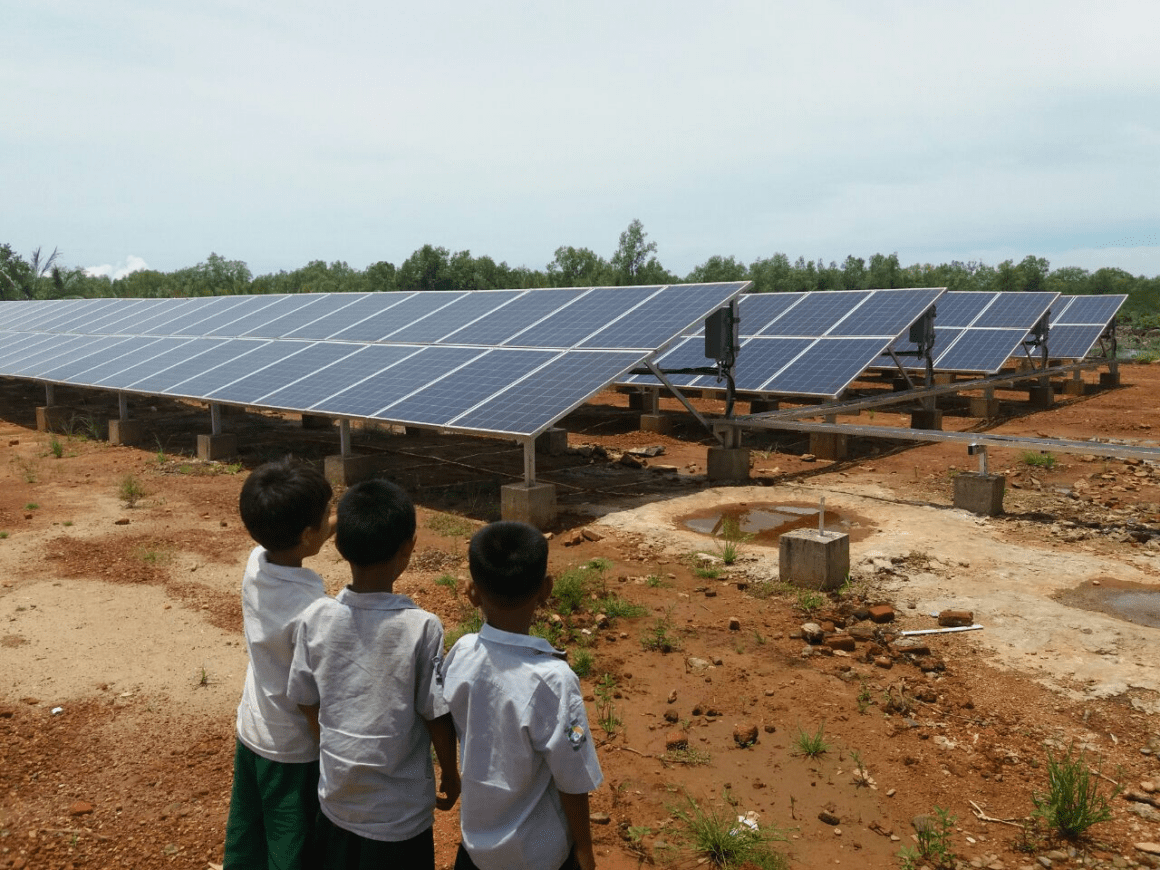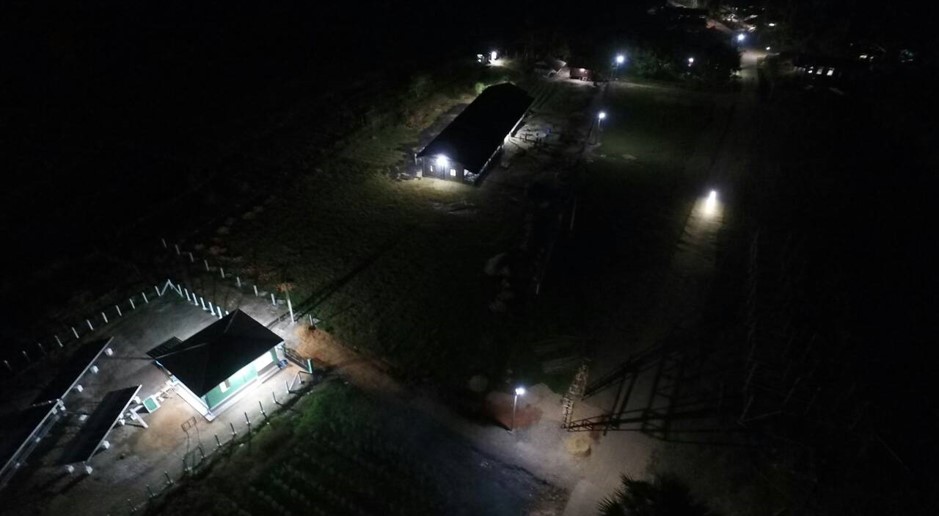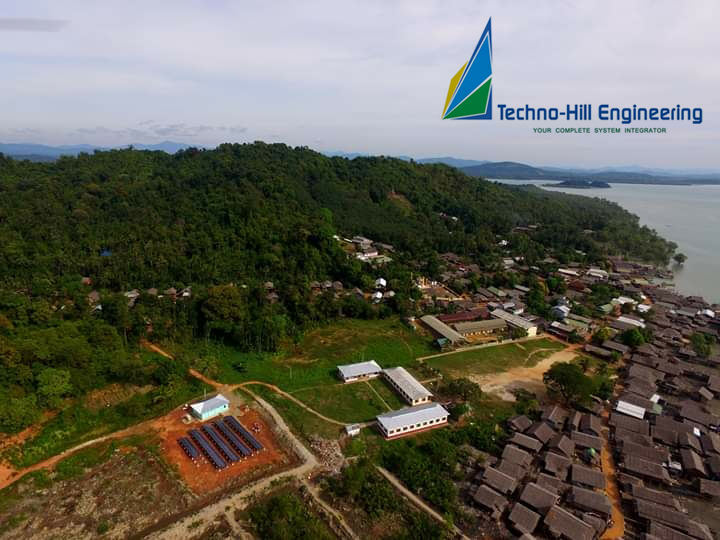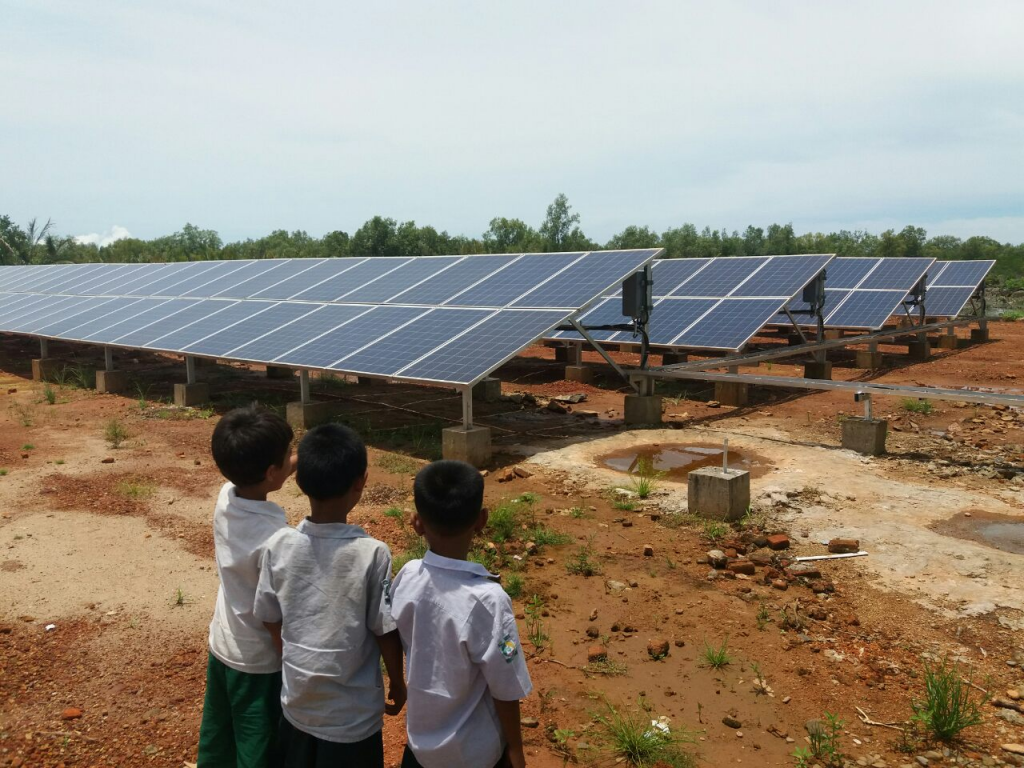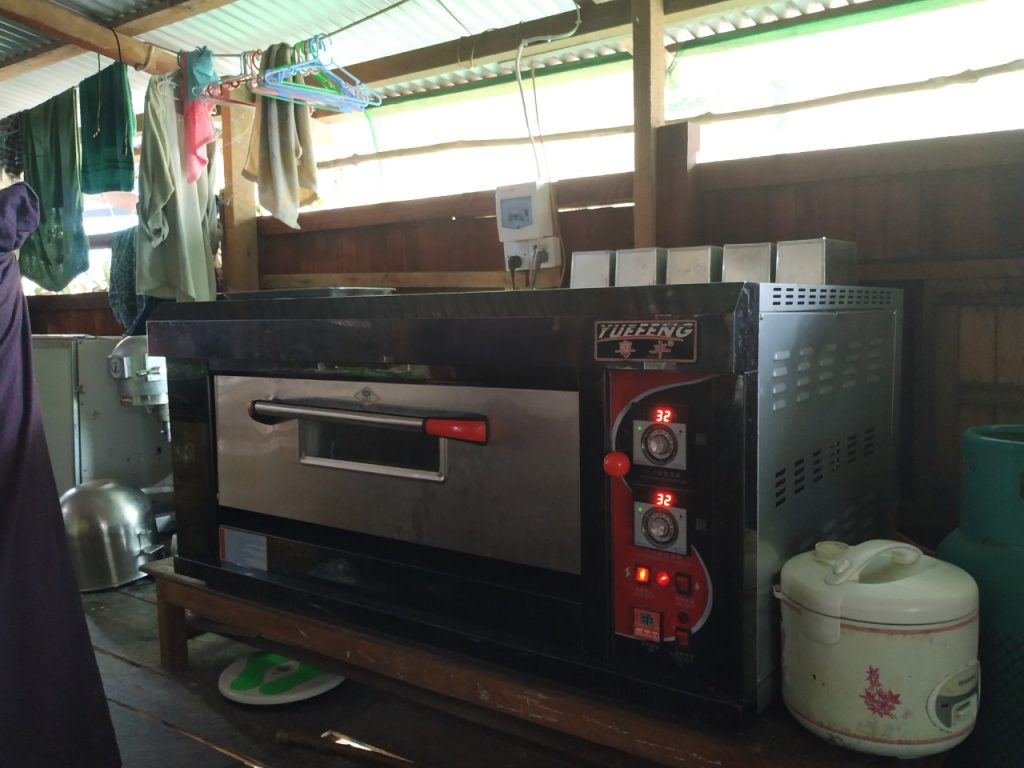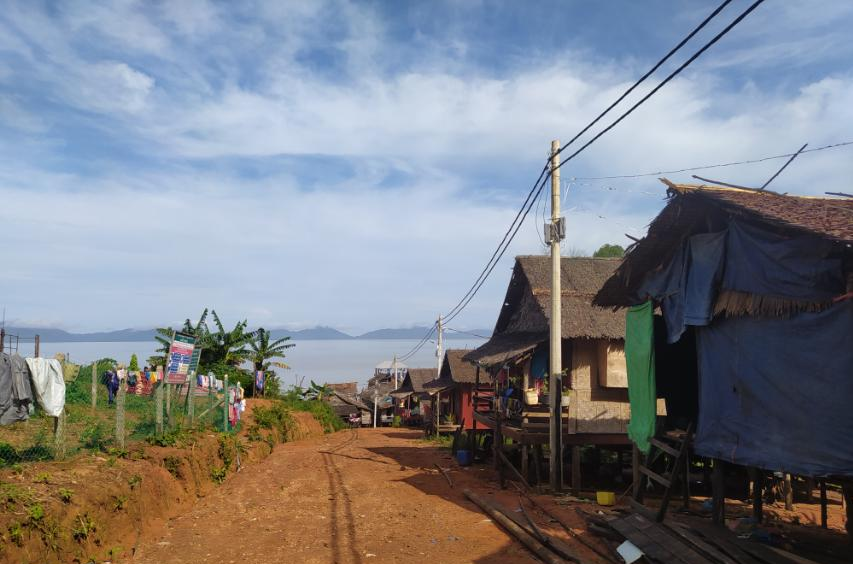Technology
Solar microgrids
Project type
Pioneer Facility beneficiary
Total loan: USD 400k
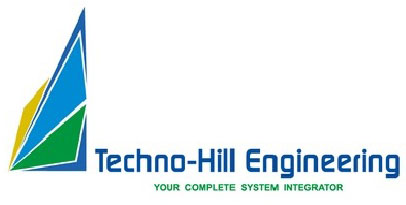
Techno Hill aims to provide affordable clean energy to improve lives in rural Myanmar.
Despite the challenges faced by the country and its population, Techno Hill has shown incredible resilience in Myanmar, and was able to implement 7 additional solar mini grids in the last two years. The company now operates a total of 20 in the country, supplying affordable energy to nearly fifty thousand people. The solar mini grids were developed under the National Electrification Plan (NEP), a program designed to accelerate energy access in a country that had an electrification rate of only 36% in 2016.
By end of year 2022, an additional 3,000 people will be able to access electricity from the new mini grid at Thae Chaung village funded by the Pioneer Facility. We truly thank and appreciate Nexus for Development’s support and devotion to our remote community and their continuous trust in Techno-Hill in all circumstances. It is an honor for us to work with an investor whose vision and mission aligned with our business. With the impact financing from Pioneer Facility, Techno-Hill will commit and carry out the best for rural community developments.
Mrs. Barani, Managing Director Techno Hill
Resilient and mission-driven
A report published by Smart Power Myanmar (SPM) in March 2022 highlighted that while the rural customer base experienced increased economic stress, energy consumption did not decrease after the political crisis and after Covid-19 waves. This trend was confirmed by Techno Hill that has seen energy consumption almost double between 2020 and 2021 in its sites under management.
SPM confirmed that affordable and reliable electricity clearly remained a high priority for rural communities in times of crisis, and that the households surveyed considered paying their electricity bill a priority. Considering that diesel prices have nearly quadrupled since 2019, affordable electricity became even more crucial to the populations of Myanmar as a clean alternative to expensive fossil fuels, especially at a time when investments towards renewable energy projects have nearly stopped in the country.
The Pioneer Facility loan of USD 400,000 will finance the CAPEX for a new 209 kW solar mini grid project in Southern Myanmar, that will provide reliable 24-hour electricity supply for 700 households, 90 streetlights, 5 public facilities, and 23 businesses.
This loan will be the first international investment into the company, making a case for potential further investors and longer tenor loans than are currently available from local banks. With this project, the Pioneer Facility furthers its mission to address the urgent need for investment into affordable and clean energy access for low-income and underserved communities.
Global Goals impacted
Beyond energy access
The social and environmental impacts of the new solar mini-grid system will be remarkable for the villagers whose main incomes come from agriculture, livestock production, and fishing. Most of the households currently rely on kerosene, candles & small-scale solar home systems for lighting and electricity as the existing diesel mini grid supplies only 200 households from 6 p.m. to 10 p.m. These energy solutions, apart from their low quality and unreliability, are also making the communities more vulnerable to the high prices of diesel.
With the new solar system in place, these communities will benefit from a safe, reliable, and affordable electricity grid, reducing GHG emissions by replacing the utilization of fossil fuel, and providing them with multiple new opportunities for improved livelihood:
- Education: Students are better able to study at night;
- Food security: Cold storage increases the durability of food supplies for better nutrition;
- Business development and women’s empowerment: Productive use solutions or new retail opportunities with electric appliances;
- Health: Fewer kerosene lamps in the home reduces indoor pollution, electric fans improve comfort, and hospitals are better able to treat emergency patients at night;
- Safety: Streetlights increase safety and security at night.
The project should be operational by mid-2023.


